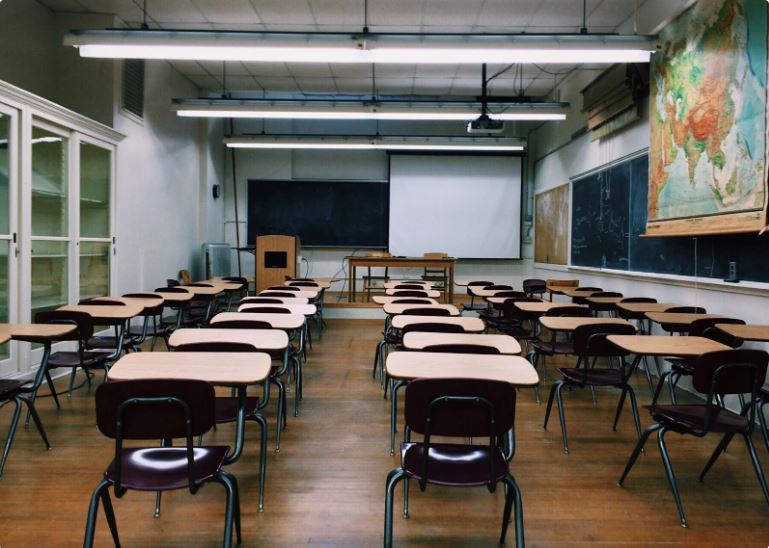Supreme Court of Canada Holds Government Employees Have Privacy Rights under Charter
In the York Region District School Board v ETFO decision rendered June 21, 2024, the Supreme Court of Canada strengthened privacy protections for public sector employees by ruling that the Charter right to be free from unreasonable searches extended to steps taken by a School Board to obtain evidence of wrongdoing by a teacher.
In that case, two teachers had shared communications about certain workplace concerns on a private password protected messenger “log”. The school principal had been tipped off about this and, on entering one of the teacher’s classroom, found her computer on, clicked on it and immediately found the log and, seeing it related to school affairs, took photos of the entire log. The teachers then received a warning about such activity, which the teachers union challenged in a grievance.
The original arbitrator applied existing case law in holding that section 8 of the Charter, which prohibits unreasonable exercise of search and seizure powers in criminal and other law enforcement, did not extend to a government employer’s investigation of workplace conduct. The Supreme Court first found there was no doubt that school board formed part of government, thus must comply with the Charter in its operations. This is relatively well established. What is more groundbreaking is the application of the legal test under section 8 for a “reasonable search” in the criminal law context to an employer’s actions in this case. This in turn relied on a finding that government employees have a Charter protected right to privacy at work at least in many contexts, including this one. This right to privacy can then only be infringed where reasonable grounds for a search infringing it are shown. Interestingly, the majority did not decide whether, in that case, the search was “reasonable” but one has to conclude that the court would not have found the uninvited access to the teacher’s computer showing private communications to be reasonable.
While this case marks the “constitutionalization” of privacy rights (albeit under the label of “unreasonable search”) for government employees, it does not necessarily change much in government workplaces since arbitrators had already pioneered the concept of privacy, including from unreasonable employer searches or surveillance for all union workers, long ago. For non-union employees, however, only 2 provinces, B.C. and Alberta, and the federal government have statutes creating broad employee privacy rights. Thus the biggest impact of the decision will likely be expanding restrictions on employer surveillance and investigation techniques for non-union public sector employees, particularly outside BC and Alberta.
If you want more information on this topic, you can contact us at:
Geoffrey Howard: ghoward@howardlaw.ca
604 424-9686
Sebastian Chern: schern@howardlaw.ca
604 424-9688




